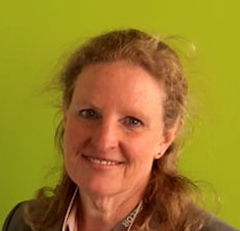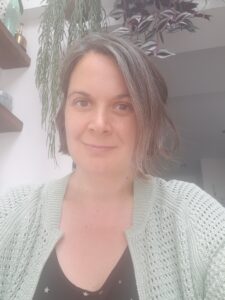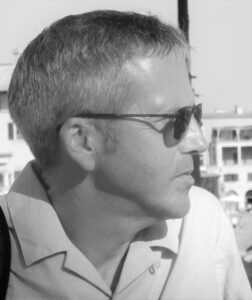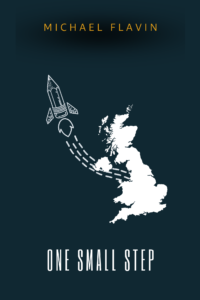Dr Phillippa Seaward is an Associate Lecturer and Practice Tutor at the Open University, and an Assistant Professor /Senior Lecturer at a large post-92 campus university. She graduated with online teaching modules in an MA and M.Ed in 2015 and this learning inspired her research for the OU Doctorate in Education (EdD), completed in 2020. Here she talks about the impact her studies had on inspiring new research in the use of technology in education.
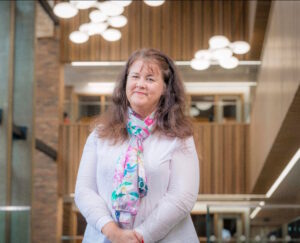
Phillippa writes:
It’s trite to say higher education is fast moving, but it really has been in the last decade. I came from senior management in the car manufacturing industry, and while I had business knowledge to share with my students, I had a lot to learn about education. The Masters in Online and Distance Education inspired my interest in a new role for the internet and the ways online learning could motivate and support learners. I realised there were many aspects of online learning that educationalists needed to understand more, to improve our effectiveness and reach.
The online teaching modules encouraged students to pursue areas of our own interest, and practice that were relevant to our roles and own development. I did an initial, small study looking at how distance learners used social media study groups to support their learning, and I quickly found a gap in a new area of unexplored knowledge. This made it relatively easy to define my area of research for a proposal for the Doctorate in Education (EdD) and I could directly show how this would be relevant for my role as a tutor of undergraduates. I was happy to be accepted on the programme, and was pleased to be studying in a varied cohort of energetic people. Some of these are now lifelong friends.
My research investigated reasons why learners choose to use study groups in social media; the types of learning taking place there; the nature of support there; and types of disruption experienced and its effect on student learning. Much of the doctorate is then about finding answers to your research questions in a scholarly rigorous way and communicating your work to others. My principal findings suggest learner experiences in Facebook module study groups converge around five themes of activity: community and relationships; academic subject learning; learning with others online; managing own learning; and difficulties and conflict. This analysis represented an original and new typology of student activity that extended existing published empirical work, and used the novel research context of student-led Facebook module study groups for distance learners.
Social media study groups provide important relational and community supports to learners, and valued information. While Facebook has the potential to disrupt student learning, diverse views were usually embraced constructively as an opportunity for skill development and critical thinking. As a result, this research helped in my role to improve student experience and qualification completions. I gained and shared new insights in the crucial importance of academic and social integration for online undergraduate learners, and I extended the field of contemporary knowledge about this. You can read more about this work and the findings in the OU research repository online at https://oro.open.ac.uk/70905/ .
Interested in finding out more about The Open University’s Masters in Online Teaching?
In 2023 we launched the OU’s new Masters in Online Teaching, an innovative postgraduate programme exploring the ways that new media, digital pedagogies and cutting-edge educational technologies can be used effectively and equitably, across multiple sectors, to engage diverse learners and meet their needs. The programme offers flexible study pathways featuring a choice of topics, study intensity and study timing, and the option to include credit from a select postgraduate microcredentials.
Find out more about the OU’s MA In Online Teaching here.
